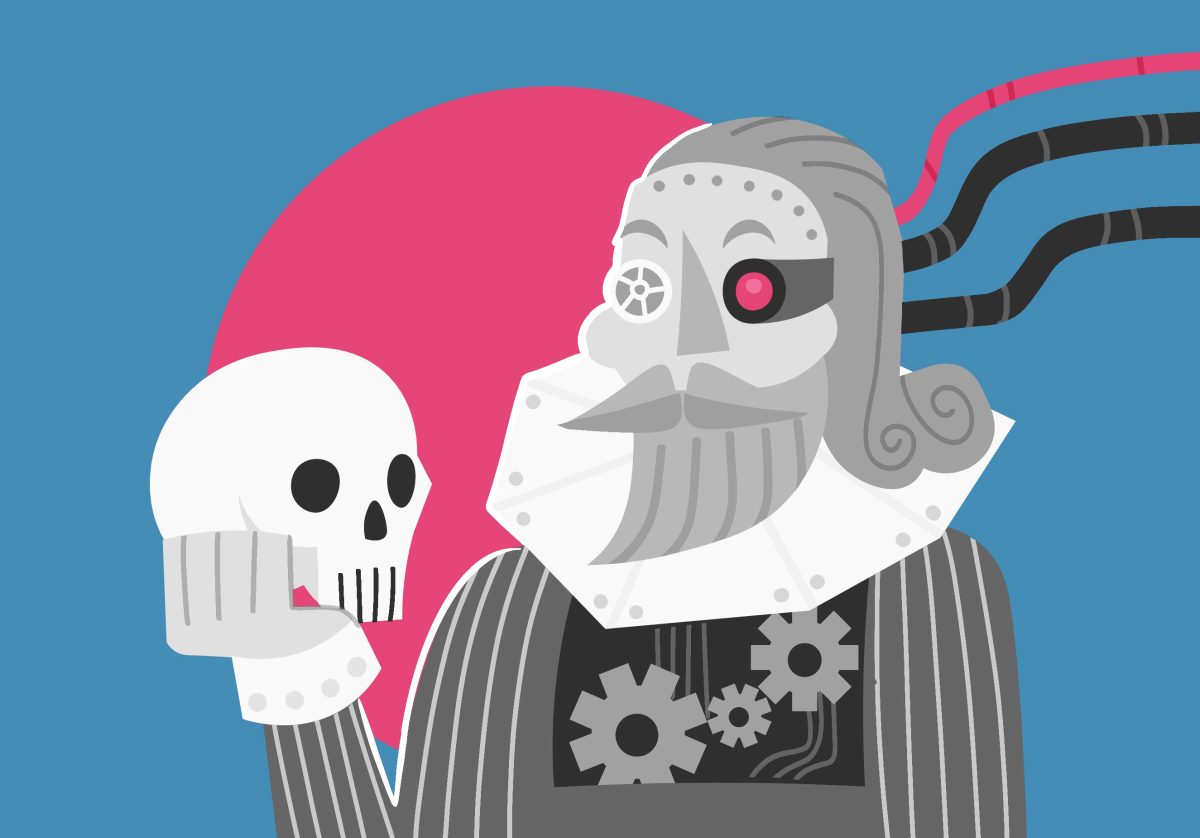Esam El-Fakahany likens his new position to that of a coach. But as the new associate dean of the Graduate School and assistant vice president for research, he’ll be mentoring faculty and students as opposed to athletes.
As a mentor, El-Fakahany isn’t on new ground. During his eight years at the Medical School, he has acted as a mentor for his students.
El-Fakahany’s new responsibilities include the development of research policies and overseeing research centers for faculty and students. He intends to continue his research and teaching at the University.
His interest in other people and his willingness to collaborate are two traits that will make El-Fakahany a good administrator, said Costantino Iadecola, a professor in the Department of Neurology.
Iadecola said El-Fakahany is always willing to put aside his work to help others, even if he won’t benefit from it.
“I feel the faculty and students here are our main customers that we have to serve,” El-Fakahany said. “Having just moved to the customer side, I would like to keep exploring what the faculty and students need to enhance their progress.”
Along with the rest of the Graduate School administration, El-Fakahany wants to make the University the best public research university in the country.
El-Fakahany’s enthusiasm, high energy level and attitude toward faculty and students were what made him stand out from the other candidates, said Christine Maziar, the Graduate School’s dean and vice president for research.
His first step has been to establish luncheons with junior faculty to explore their needs at the University. Thus far, he has found that junior faculty would like the University to establish more effective mentorship programs and to allot more money to higher risk research projects, which El-Fakahany supports.
“They would like the University to have small pots of money to do something that is high-risk, high-benefit,” El-Fakahany said. “If (the research) works, it’s going to change science for a very long time.”
He also wants to enhance communication within the research community.
“The University is such a very large place that in some cases the right hand doesn’t know what the left hand is doing,” he said.
El-Fakahany said the University is so large that it is difficult to track what research is being done, but if a system is established it could improve the University and give researchers more opportunity for collaboration.
Maziar said that within the psychiatry department and Neuroscience Graduate Program from which El-Fakahany hails, he was successful in creating a sense of community. She said Graduate School administrators are eager for him to replicate that in other departments.
A researcher himself, El-Fakahany traveled from Egypt to the Mayo Graduate School of Medicine in 1977, where he was accepted as the first graduate student in the Department of Pharmacology.
He has been interested in the workings of the brain since his early education.
While he was taught as a child that the brain was an unsolvable mystery, El-Fakahany said his early studies at the Mayo school taught him this wasn’t true.
“It will be incremental increases of additional knowledge that will eventually make us able to add the entire jigsaw puzzle together to know how a normal brain works,” he said.
A little more than 10 years later, El-Fakahany became a faculty member in the University’s psychiatry department, with which the Mayo graduate school is affiliated. He was chosen from more than 100 applicants, said Boyd Hartman, a professor in the department.
Since then, Hartman said, El-Fakahany has been an active member of the University and has interacted with faculty throughout the school.
“I think of (the University) as a utopia for research,” El-Fakahany said, explaining that unlike other big research universities, Minnesota couples competitiveness with collaboration.
At the University, El-Fakahany has done research on Alzheimer’s disease and on neuron communication.
“How do they talk to each other to say, ‘I’m excited, you should be excited too,” he explained.
His Alzheimer’s disease studies have focused on developing medication to alleviate the dementia.










